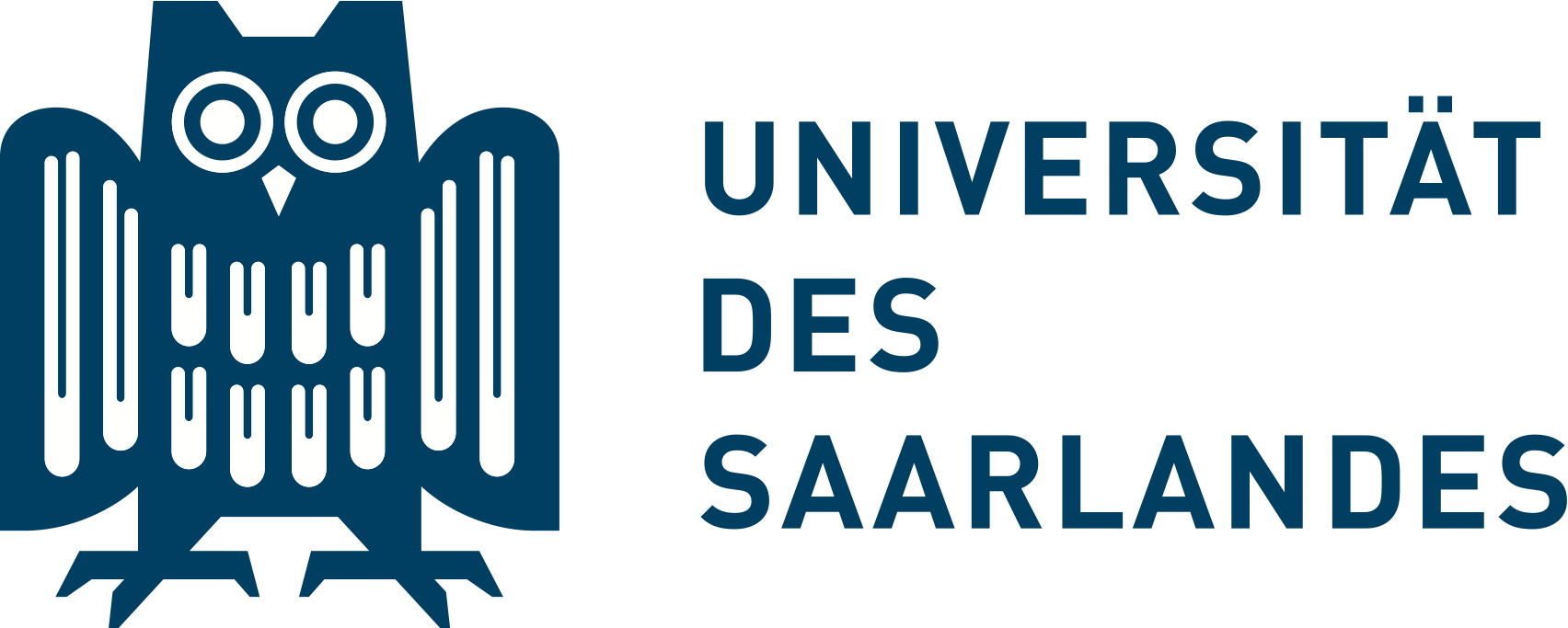CDL Group Seminar Seminar
In this seminar, members and guests of our group as well as students preparing a bachelor or master thesis in our group meet weekly to present their work. Furthermore, all participants discuss recent research papers.
- Bachelor/Master Seminar
- If you want to do a thesis in our group, you will have to attend this seminar. For UdS students: This seminar counts as the Bachelor/Master Seminar.
- Reading Group
- Other students are cordially invited to discuss recent research papers. These students obtain 3 credit points.
General Information
| When | Thursdays at 14:00 (sine tempore) |
| Where | Room 401, E1 3 |
The first seminar meeting will be on 27 April 2017.
Modus Operandi - Reading Group
- On the first meeting each participant choses a recent research paper.
- Later on, this student will present the paper while all other participants must also read the paper to ask questions with regard to what they did not understand, future work, technical details, etc.
- For the short presentation and summary students can use the black board. Slides are not necessary.
- On each session we will either discuss a research paper or attend a presentation by a current Bachelor/Master student who presents his/her work.
- Every student participating obtains 3 credit points (free section) iff he/she misses at most two meetings and presents at least one paper
Papers
You can find the paper list in our Wiki. In order to access the Wiki you need to register in our GitLab and email Roland Leißa your GitLab username.
Modus Operandi - Bachelor/Master Seminar
You need to:
- Find a topic and an advisor and read related work (literature etc.) which is not part of the master seminar itself.
- Discuss related work and your approach with your advisor.
- Attend the seminar at least 10 times. Your attendance can start at any time and need not be completed within a single semester.
- Write and submit a proposal (see regulations below).
- Give a talk in which you explain your plans for the thesis (this means presenting the contents of your proposal) [graded].
- Start working on your thesis.
- Submit the thesis in the term after you got the seminar schein. If you fail to do so, you will need to attend another master seminar (probably at another chair) before you are allowed to start another thesis.
- Give a final talk in the seminar.
The first time you show up at the master seminar, make sure to give us your email address. It will be added to the mailing list and you will receive email notifications before each upcoming session.
After getting the Schein, students need to register their thesis at the Prüfungsamt.
Proposal Regulations
Although the thesis proposal is not part of the master seminar itself, we require a proposal to contain:
- A problem description.
- Discuss related work.
- State a hypothesis which explains how to solve the problem.
- Name potential risks, assumptions and restrictions of your approach (as well as possible solutions).
- Validation and evaluation of your approach.
- Time schedule
- Length 5 to 10 pages
- Must-have criteria: Things your thesis must cover to be successful
- May-have criteria: Things your thesis can cover to improve its value
- Must-not-have criteria: Things your thesis will not cover (although one may think so)
A presentation of such a thesis proposal must meet the following requirements:
- length about 25 minutes
- plus 5-10 minutes for questions
Schedule
| Date | Speaker | Topic | Comments |
|---|---|---|---|
| 2017-04-27 14:00 s.t. | - | First Meeting | Papers will be assigned to each participant of the Reading Group |
| 2017-05-04 14:00 s.t. | Sebastian Hack | Automatic generation of fast BLAS3-GEMM: a portable compiler approach | Paper |
| 2017-05-11 14:00 s.t. | Tina Jung | Control-Flow Bending: On the Effectiveness of Control-Flow Integrity | Paper |
| 2017-05-18 14:00 s.t. | Hendrik Leidinger | Polyhedral Scheduling Cache | Bachelor's talk |
| 2017-06-01 14:00 s.t. | Andreas Meyer | Storage Assignment to Decrease Code Size | Paper |
| 2017-06-08 14:00 s.t. | Thorsten Hoefler | Progress in automatic GPU compilation and why you want to run MPI on your GPU. | Invited talk - E1.3 HS I |
| 2017-06-22 14:00 s.t. | Kareem Ergawy | Lift: A Functional Data-Parallel IR for High-Performance GPU Code Generation | Paper |
| 2017-06-29 14:00 s.t. | Sebastian Meyer | Register-relative addressing in abstract interpretation | Master's proposal talk |
| 2017-07-06 14:00 s.t. | Robin Daumann | Parallel Buddies: Parallelization in the presence of sequential code | Bachelor's proposal talk |
| 2017-07-13 14:00 s.t. | Matthias Kurtenacker | On Synchronization in the Polyhedral Model | Bachelor's talk |
| 2017-07-20 14:00 s.t. | Thorsten Klößner | A transformer-generic Vectorization Analysis | Bachelor's proposal talk |
| 2017-08-17 14:00 s.t. | Andreas Meyer Syed Mehran Hussain | Code Size Optimizations for the CompCert C Compiler PFG: Parallel semantics in a sequential world | Bachelor's proposal talk Master's proposal talk |
| 2017-08-24 14:00 s.t. | Dominik Montada Julian Rosemann | naTIVE: Target-Independent Vector-code generator for Existing Vectorizers Verified Spilling and Translation Validation with Repair | Master's talk |
| 2017-09-07 14:00 s.t. | Kareem Ibrahim Ahmed Ergawy | Fork-join Parallel Intermediate Representation for LLVM | Master's proposal talk |
In cases of questions, do not hesitate to ask Roland Leißa.

